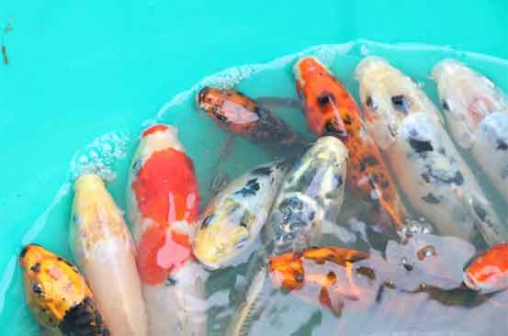×
The Standard e-Paper
Stay Informed, Even Offline

In his second year at the University of Nairobi in 2010, Wilfred Waichigo dreamed of becoming an Information Technology engineer. However, life had other plans for him.
“I was studying Bachelor of Science in Microprocessor Technology and Instrumentation. However, after two years, I had to drop out due to lack of school fees," Waichigo recounts.